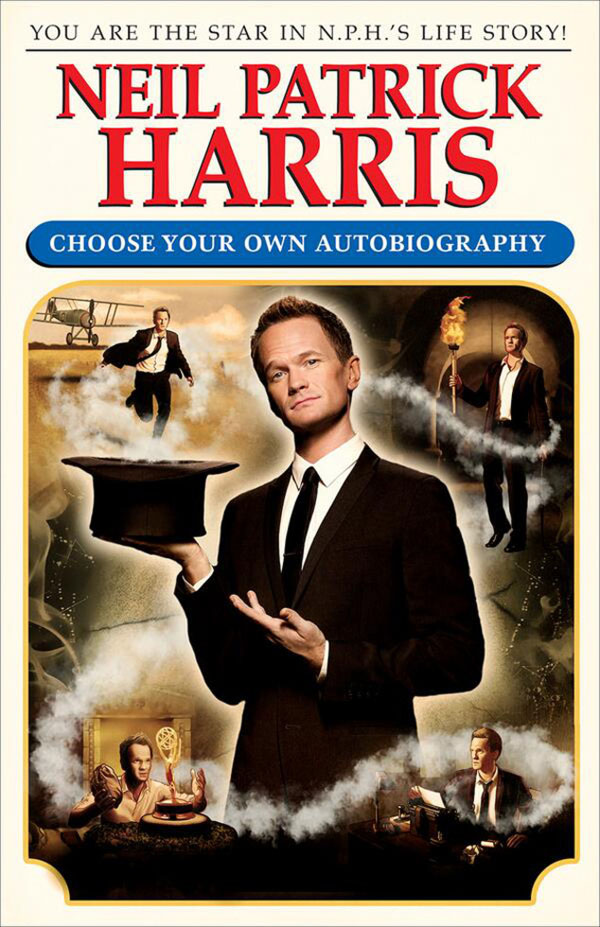Continuing our look back at the stories we covered in 2014 and their subsequent developments, we turn to May. Despite finally bringing in a deadline to stop issuing security updates for the 13-year-old Windows XP, Microsoft issued a patch for Internet Explorer on the system, vowing it was a one-off. It has since stuck to that vow, despite roughly one in seven PC users still running XP and security flaws affecting the system having been discovered.
Biomechanical artist HR Giger, the man behind the iconic monster in Alien, died aged 74. A documentary about his work was released in October, while a design blog published pictures from an unmade Giger movie, The Mystery of San Gottardo.
A European court ruled that Google must consider requests by people to remove links to pages with information about them if the owner of the relevant site refused to do so, enforcing a so-called “right to be forgotten.” Bing and Yahoo later agreed to follow the rules, while Google revealed that it had agreed to 41.5 percent of subsequent requests. The situation remains legally unclear, with the search engines having to judge each request on its merits, balancing privacy and free speech.
Neil Patrick Harris released his autobiography in an unusual format: a second-person Choose Your Own Adventure. It seems to have been a hit: seven months on it remains among the top-200 sellers on Amazon (number one in TV tie-ins) and has an average rating of 4.3/5 stars.
Google issued a formal recall for its high-tech Nest smoke alarm after discovering a theoretical risk that it might wrongly believe somebody was waving an arm to switch it off, thus delaying the alert in a real fire. It later ended the recall after disabling the wave feature with a software update, with later efforts to find a safe way to reenable it proving unsuccessful.
Skype announced plans to introduce live voice translation during calls, combining speech recognition and synthesis with automated translation. After an invite-only test period, the feature rolled out to all Windows 8.1 users in December, though at this stage only between English and Spanish.
In June the Federal Communications Commission proposed changing its definition of broadband from 4 Mbps downloads to a higher level. The definition affects both the FCC’s measures of its success at boosting broadband take-up and the availability of public funding to companies installing infrastructure in rural areas. In December the FCC confirmed a new 10Mbps threshold.
The University of Michigan started work on a 32-acre model city designed to test self-driving cars in a realistic setting, complete with working traffic lights and mechanical pedestrians and bicycles. In December the university released aerial pictures of the Mobility Transformation Center, where the basic road layout is already in place. It’s scheduled for completion and will be operational by spring.
A paralyzed man kicked a football using a robotic skeleton controlled by his thoughts during the opening ceremony of the World Cup. Unfortunately broadcasters somehow managed to screw up the direction of the ceremony, with most viewers around the world seeing little or none of the kick.
The Supreme Court ruled against Aereo, an online service that involved customers “leasing” a remote TV antenna and receiving the relevant stations over the Internet. The court agreed this constituted a “public performance” that violated the copyright of the stations. Aereo has sinced filed for Chapter 11 bankruptcy, giving it protection from creditors while it puts together a reorganization plan.

